Shock is a real thing. Sometimes, when the crazy hits the fan and all that's known is the unknown, shock sets in, and adrenaline kicks in. This past spring, when schools initially shut down, most teachers began running on adrenaline. Now, a few months into the 2020-2021 school year, many educators around the world are still teaching from behind a screen. Those awesome educators are working to find the balance between their students' needs, their students' parents' needs, their own family's needs, and their administrators' expectations. Are you one of them? Are you still in shock? Still running on adrenaline? In order to make it through this year's twists and turns, it will be crucial to master your mindset. The mindset you used when teaching in the classroom is not the same type of thinking that will help you thrive while teaching remotely. Here are a few tips that will help you master your mindset and make the most of your year.
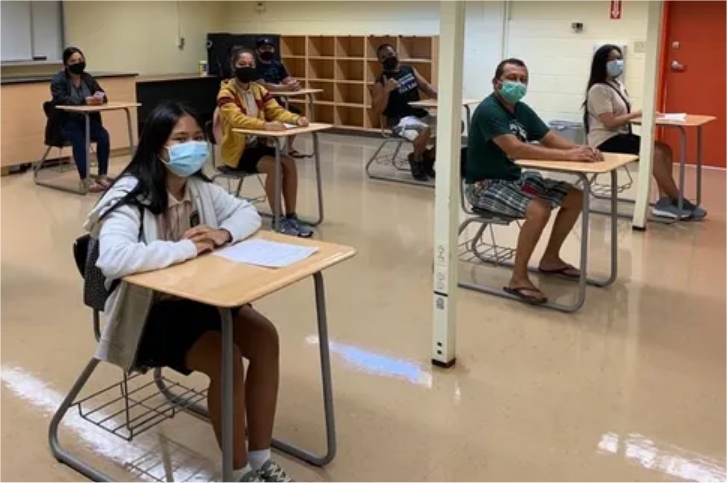
Be careful about what you can control
Teachers are superheroes! There's not a doubt in my mind. These superhero teacher posters prove it! That doesn't mean, however, that they are able to carry the weight of the world. There are many things you can control: your lesson plans and your attitude, for example, belong to you and you alone. Technology glitches, internet outages, and student emotions, however, are not as easy to control.
Student Emotions
The distant learning situation has been extremely difficult for students. As the teacher, you can certainly be a safe place for students to share what they are thinking and feeling. There are great resources and videos to help your students deal with their emotions during COVID-19. While these tools are all very beneficial, ultimately, you cannot control how your students respond to stress. As much as superhero teachers want to save the world, boundaries will be crucial if you are going to save yourself. You can help your students process, give them stress-relieving tips, foster a culture of community within your classroom, connect them with your school's counselor or community resources if needed, but you alone cannot fix or control everything your students may be feeling or facing. You can, however, be a positive role model when it comes to processing emotions and handling stress. Let them learn from your example.
Technology Troubles
The best-laid plans can still go awry. That is especially true when it comes to technology. With most of the world working and studying online nowadays, it's more important than ever to have a technology back-up plan when the internet goes down, websites won't load, and long-remembered passwords are forgotten. Having a back-up plan will help ease anxiety about technology. When you have an active Plan B and students know what to do when they get locked out of a Zoom meeting or can't find the charger for their device, you will all feel a sense of relief because the worst-case scenario still provides students with a chance to participate and complete their school work. This may be as simple as providing reading comprehension books or a series of engaging math review worksheets that students have at home and can use when technology is throwing a temper tantrum.
There's nothing selfish about self-care
Do you have any house plants? What would happen if each time you decided to water those plants, you approached them, smiled, tipped over an empty watering can, wished them a great week and then left? How long do you think those plants would survive if you only ever poured from an empty cup? Not very long! This same scenario holds true when we think about our daily interactions with our students and our loved ones, for that matter! We cannot pour from an empty cup. Teaching can be exhausting. Teaching during a global pandemic, whether it's online, in person, or using a hybrid approach, leads to a completely different level of depletion. That's why now, more than ever, self-care is critical and these tips may help you find it!
Count Those Sheep and Drift Off to Sleep
Yes, you have a million things still left on your to-do list, so trying to be early every once in a while may seem like a luxury you cannot afford. The reality, however, is that sleep is really critical! Our bodies have a chance to not only rest, but to repair themselves when we sleep. Have you ever met a cranky kid who seemed like a completely different person after a nap? Sleep is transformative. Allow yourself to get the rest you need, whether it's a consistent bedtime, a power nap each afternoon, or a commitment to head to bed an hour earlier one night each week; Sleep will restore your mind, give you energy for the day, and leave you prepared to face the challenges that may arise.
If stress is making it hard to sleep, consider shutting down all technology one hour before bedtime and sipping on some relaxing herbal tea. You can also opt for a warm bath with lavender essential oil to help induce relaxation. Many people find that guided meditations can help quiet their mind and help them fall asleep quickly at the end of a long day.
Connect with Those You Love
There's no doubt that this pandemic has been isolating. That in and of itself has led to increased stress levels for students, teachers, and the world at large. An important part of self-care is remaining connected to those you love. If you live with family or friends, do your best to still prioritize that time. Enjoy family movie nights, eat dinner together, or take a walk around the neighborhood and hold hands. If your loved ones are far away, create a FaceTime or Google Hangout schedule on which you can count. Why not organize an online game night? Use this time of connection and fun to fill your cup.
Movement Matters
Most teachers are not used to sitting all day. One of the most obvious things that occurred when schools shut down was the fact that literally overnight, teachers went from constant movement in their classrooms and hallways to sitting behind a computer screen all day long! This can be a pain in the backside-literally and figuratively. Sitting all day leads to stiffness in our joints and muscles. Our bodies are meant to move. Movement is key for digestion and stress relief. Sometimes, breaking a good sweat (or even a little one) can renew your mind and help release tension in just 20 minutes. Consider penciling some movement into your calendar a few times a week. It does not need to be a two-hour online workout video-simply move. Try a dance party with your children, walk the dog a little farther than normal, or put on some gentle music and stretch like a yogini. Movement is great self-care!
The Only Constant is Change
Can you imagine boarding a plane and preparing for takeoff while it's still being built? Of course not! Few of us would volunteer for that first flight! This school year feels a bit like that. We've been asked to prepare for takeoff while navigating ever-changing variables. If, by this point in the pandemic school year, you just need something to count on, you can be certain that things will change! And change isn't necessarily a bad thing.
Focus on Now
Do your best to take it one day at a time. If you can keep your mind focused on just what needs to be accomplished today, you may find it easier to succeed during distance learning. This distance learning lesson plan template may help you identify not only your daily plan but your daily connection and engagement strategy as well. While it's crucial that we have our scope and sequence secured for the entire school year, looking too far out in the calendar may lead to frustration because life may look very different by that point in the semester. Things will change!
Focus on Later
When distance learning-at least in this capacity-is a thing of the past, we may be able to use the lessons learned to make lasting changes in education. Sometimes, the greatest advancements follow adversity. Trust that once we've made our way to the other side of this season, we may find the education system is stronger and better than ever.
This season is not an easy one. Perhaps the great cartoon character Dory from the movie Finding Nemo said it best! When all else fails, just keep swimming. If you can't swim, dog paddle. If you can't dog paddle, just keep walking on the shore. Keep doing what you're doing. Keep caring about your students. Keep showing up to connect with them about life (and content). Taking care of your mindset during distance learning will allow you to better care for your students and those around you.
Please review the previous sentence. "You can certainly be a safe place for students" sounds odd and is slightly unclear. Thank you!
Please review the changes made to the previous sentence to ensure that the intended meaning is still intact. Thank you!
Please review the embedded link in the previous sentence to ensure that it is correct. Thank you!
Please review the changes made to the previous sentence to ensure that the intended meaning is still intact. Thank you!
I've changed the wording in the previous sentence. Please confirm that your intended meaning has been maintained. Thank you!!!
Trending
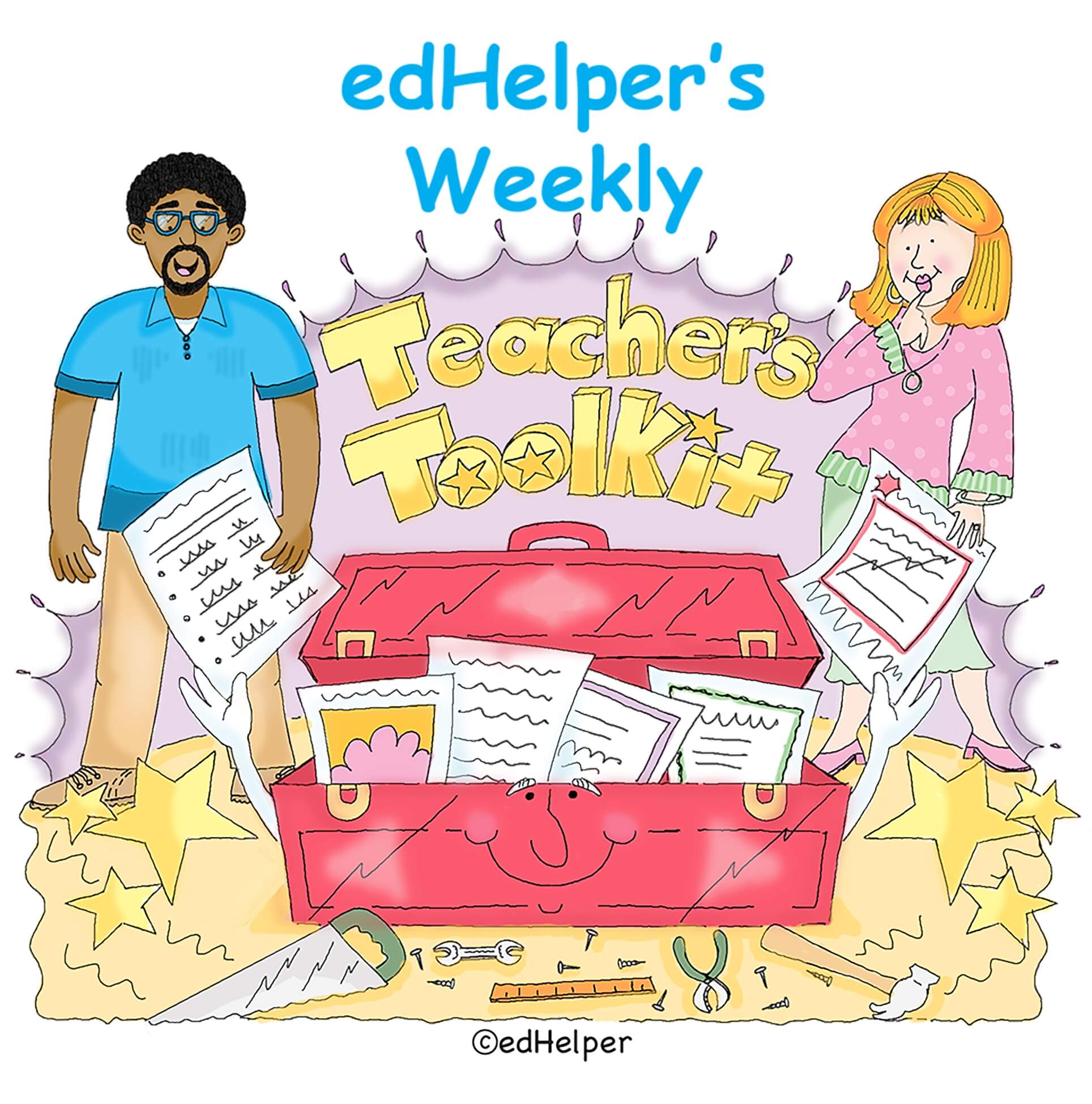
Weekly Lesson Plan Power-Ups
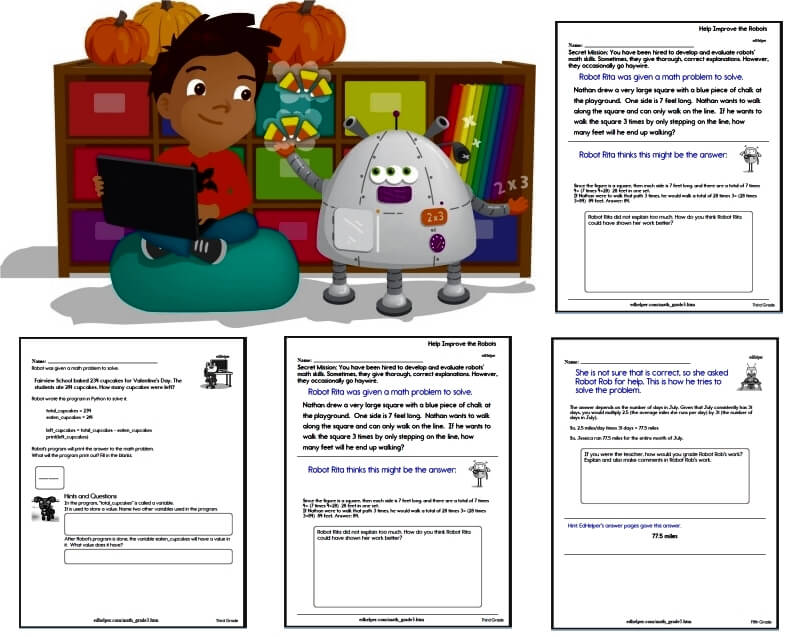
Daily Math Practice
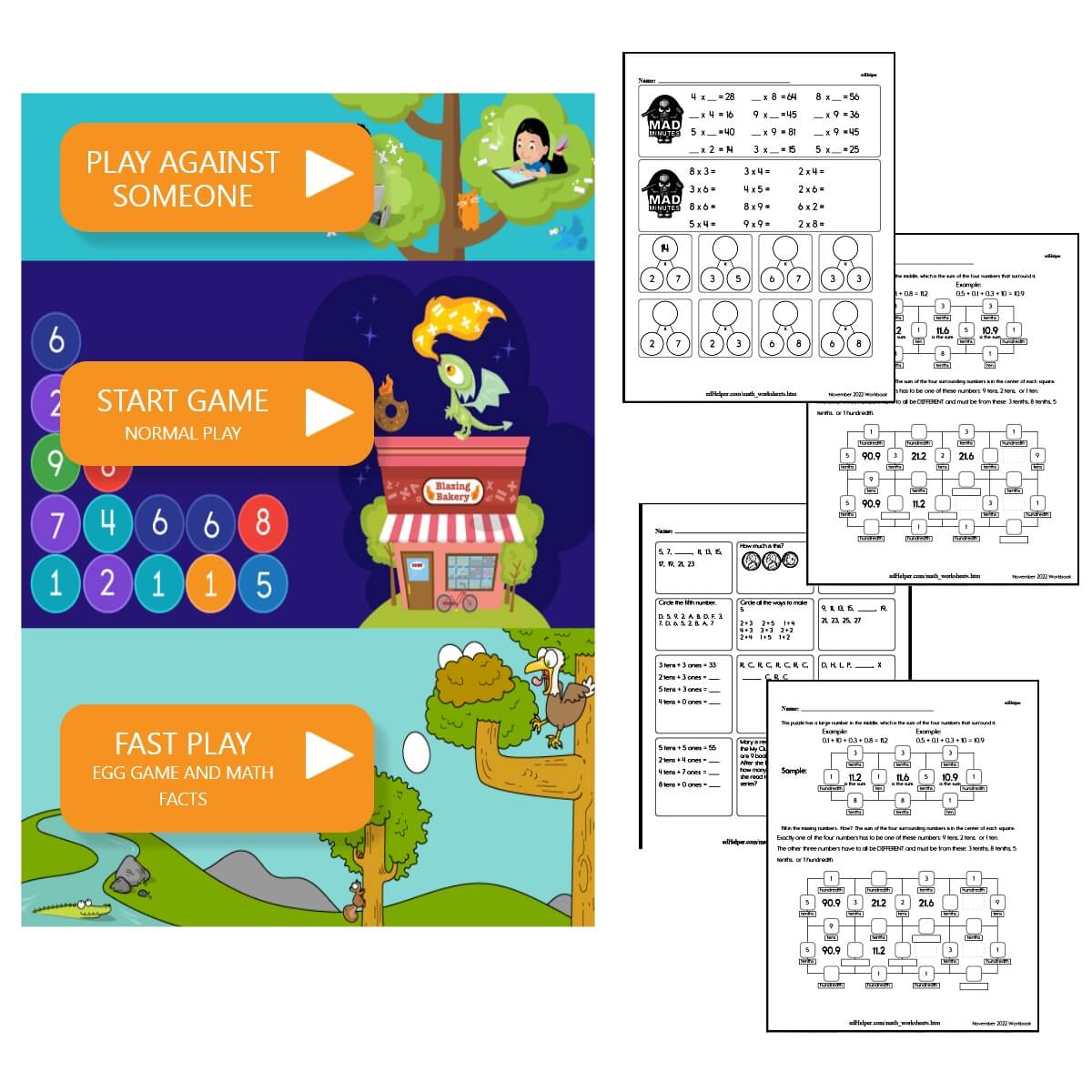
Math Homework for Generation Alpha
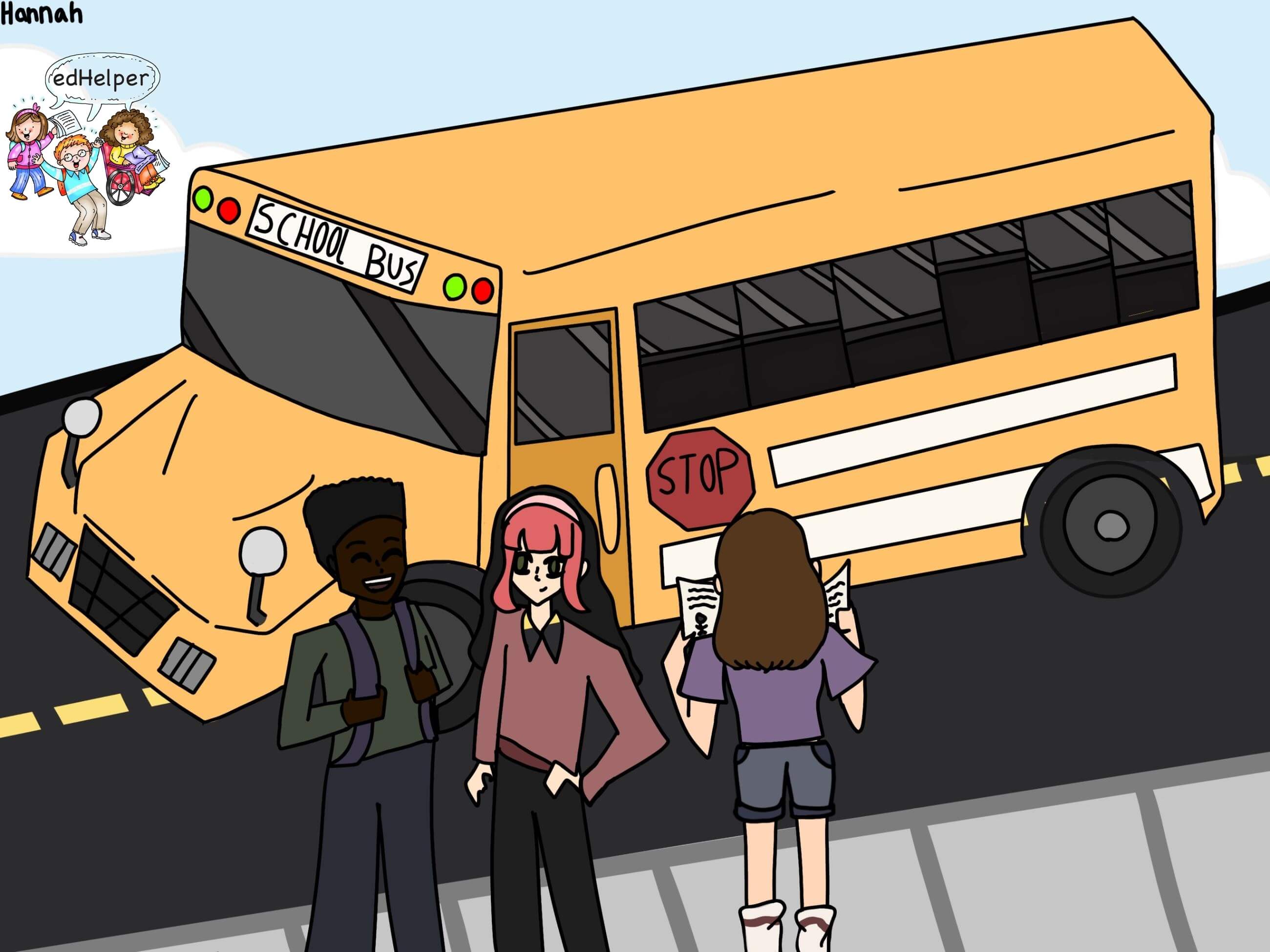
Freebies for Busy Teachers
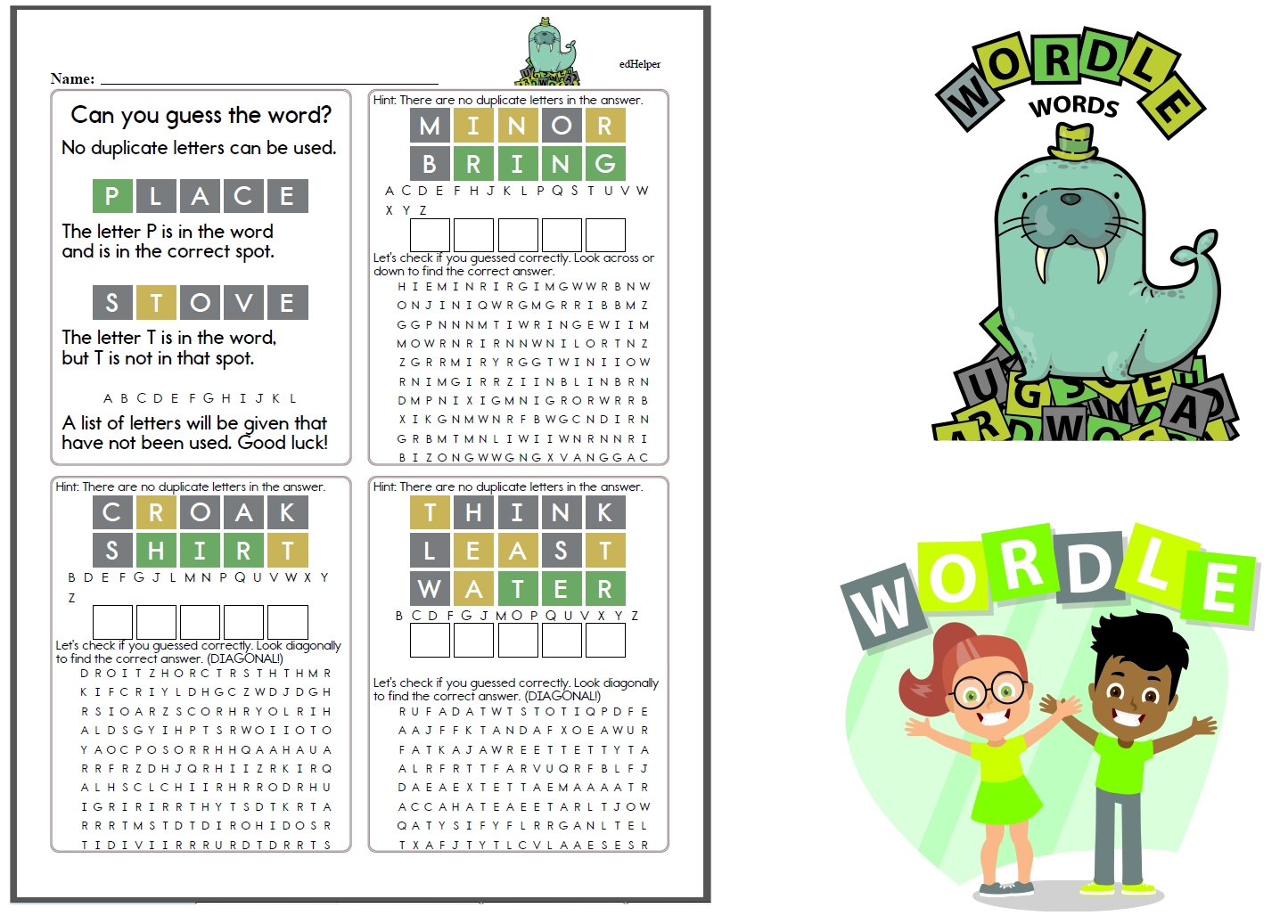
Wordle Worksheets

Mental Math Task Cards
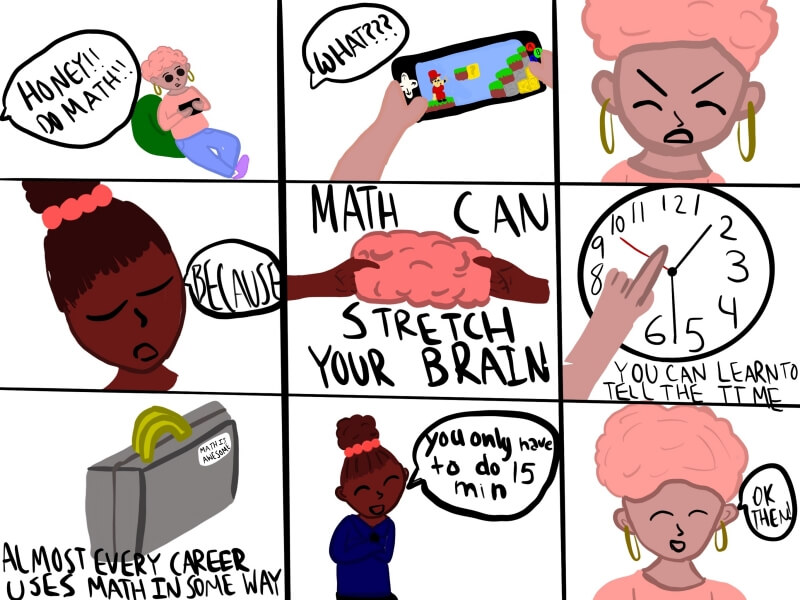
Elementary School Children Don't Get Enough Math Practice at Home
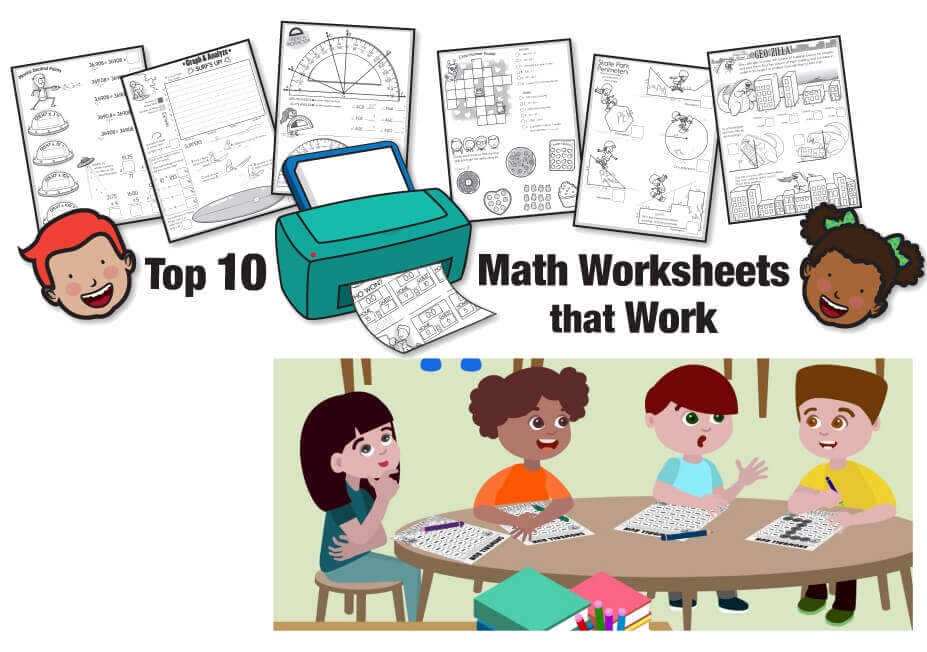
10 Math Worksheets That Work for Teachers (Free Printables)
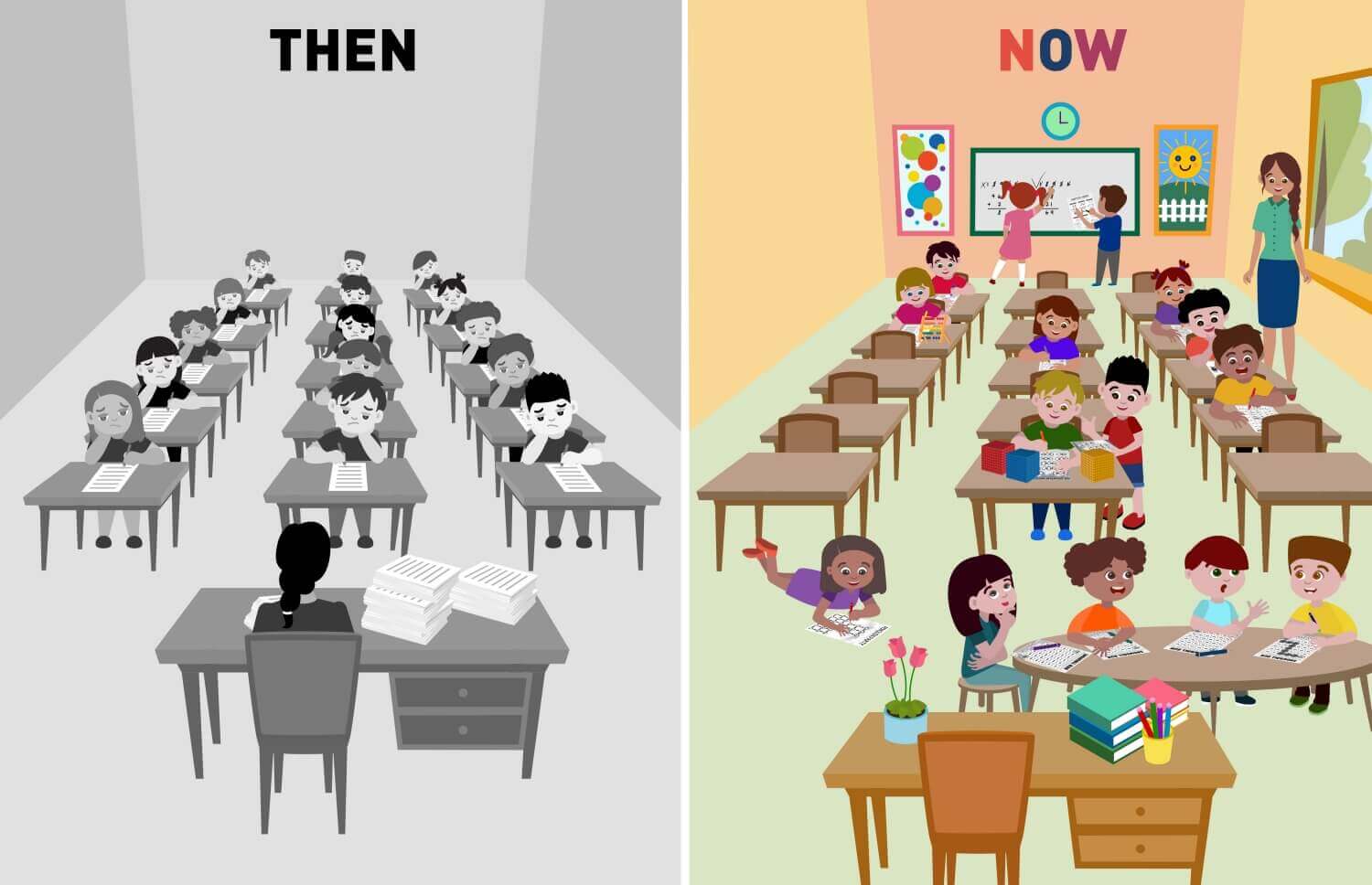
Do Math Worksheets Really Work? What We Found May Surprise You.

Best Teaching Ideas
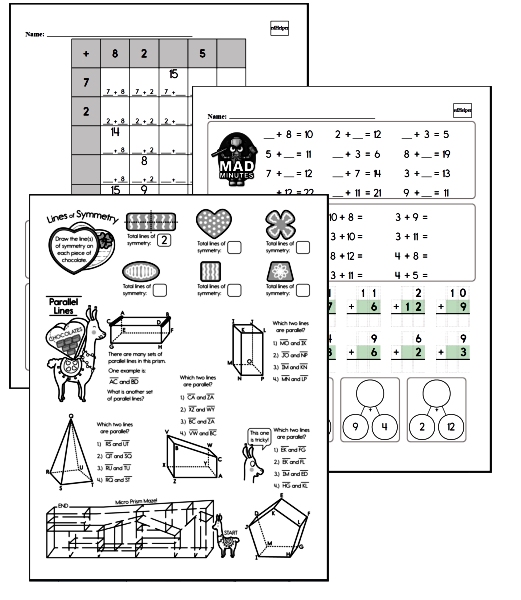
Math Worksheets
Free Math Worksheets - No Login
Kindergarten Jumbo Math Worksheets PackFirst Grade Jumbo Math Worksheets Pack
Second Grade Jumbo Math Worksheets Pack
Third Grade Jumbo Math Worksheets Pack
Fourth Grade Jumbo Math Worksheets Pack
Fifth Grade Jumbo Math Worksheets Pack
Sixth Grade Jumbo Math Worksheets Pack
Middle School Jumbo Math Worksheets Pack
